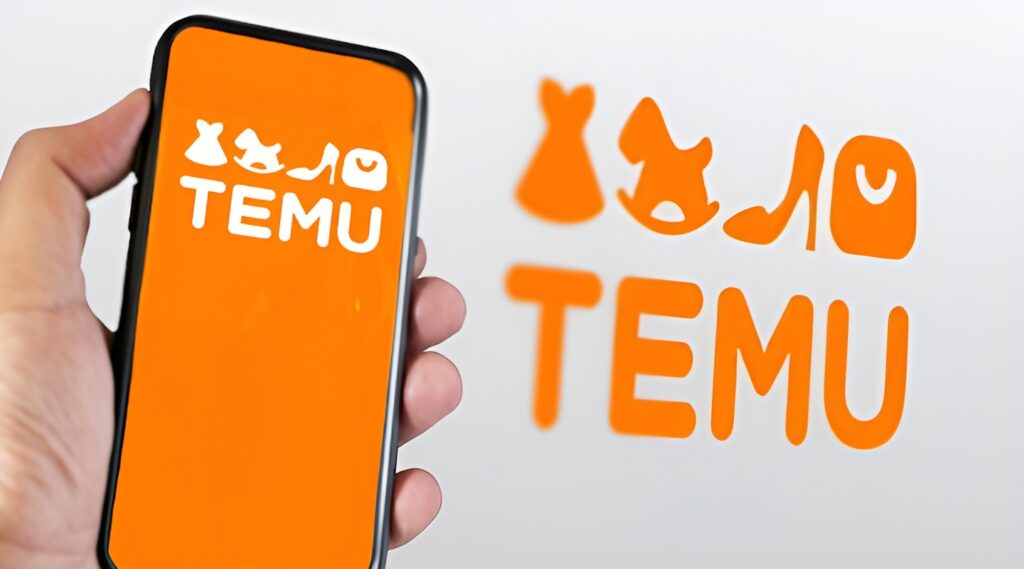Image Credits: Temu
If you are a Nigerian, someone has probably sent you a link, asking you to click it so that they can win free items. Yeah, that’s Temu at work.
Temu has, in a short period, emerged as a disruptive force in the Nigerian market. In barely five months that Temu entered the Nigerian market, the startup became the #2 most used app in Nigeria, after Opay. The Chinese online marketplace, owned by Colin Huang, has enshrouded competitors in an haze of uncertainty as it seems to dominate the market at the moment. Industry analysts seem to hold that Temu’s operations in Nigeria spelt trouble for other online marketplace startups. However, the competition – Jumia and Jiji – has other opinions.
Established in 2022 in the US, Temu is an online marketplace operated by the Chinese e-commerce company PDD Holdings. It offers a wide array of heavily discounted consumer goods directly shipped to consumers from China. Temu allows Chinese vendors to ship goods to customers with more affordable costs because it does not have to rely on intermediate distributors.
How Temu Made a Big Splash In The Pool
Temu’s rise in the Nigerian market comes from understanding and acting upon a blend of technology and user psychology. Users are asked to refer new users through affiliate links, social media, and gamification.
Another tool in the Chinese startup’s arsenal is advertising on a massive scale. Temu uses large-scale online advertising campaigns on Facebook and Instagram. A study showed that Temu spent $21 million on ads during the Superbowl game of February, 2024. Thus, it has deployed the same strategy to the Nigerian marketplace.
Perhaps, the most potent strategy Temu has employed in its rise is insanely, unbelievably low prices, along with its free shipping, and discounts. This stems from the fact that Temu requires its sellers to offer their products at prices lower than those found on AliExpress. When multiple sellers offer the same product, Temu authorizes only the one with the lowest price. All of these factors culminated in Temu holding a huge chunk of the Nigerian market in its fists.
Jumia, Jiji Say They Remain Bulletproof In The Face of Temu’s Assault
Africa’s largest e-commerce platform, says it is not threatened by the competition Temu poses. According to Robert Awodu, regional head of public relations & communication for Julia’s sub-Saharan Africa operations.
“We don’t see Temu’s entry as a bad thing; rather, it’s good for the industry. Since last year, we have been focusing on expanding into secondary cities and rural areas…Ultimately, when the freebies end, people will seek out the option that provides them with the best value, even if it means going offline,” he said, maintaining that Jumia’s deep roots in Africa, with operations in nine countries remains a competitive advantage against nonresident firms like Temu.
Jiji’s CEO Anton Volianskyi believes that his startup’s profitability is rendered immune to Temu’s allurement because Temu’s product categories doe not overlap with Jiji’s core business.
“We don’t bid on very low-priced product categories; we don’t work in the same business model. We mainly represent local sellers, meaning that you have a choice of goods and services you could order available today, bargaining price, and get it delivered within one day in most cases.” Volianskyi said.
“We simply don’t feel the impact. In many of these categories, Temu doesn’t yet offer strong local value or trusted options.” he added.

